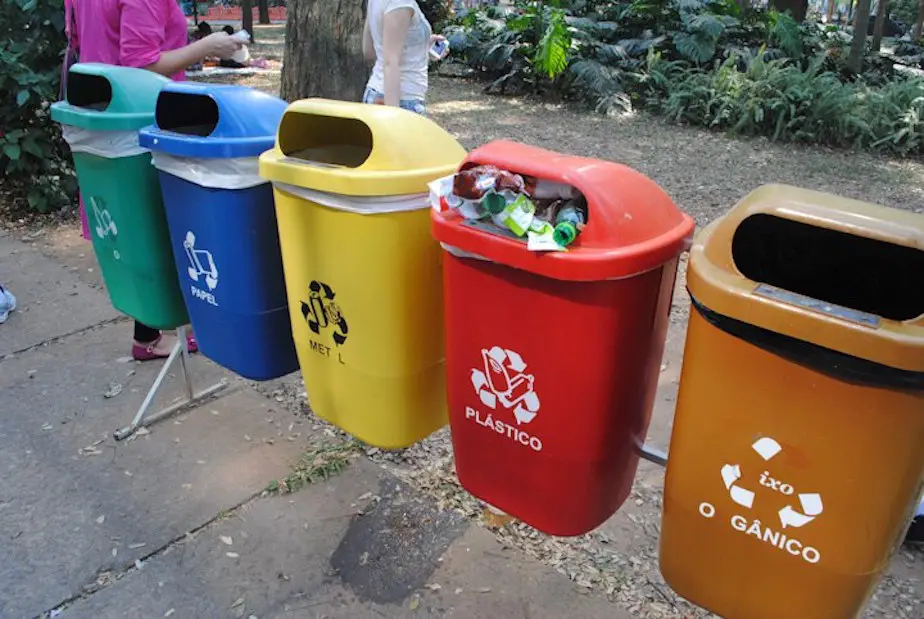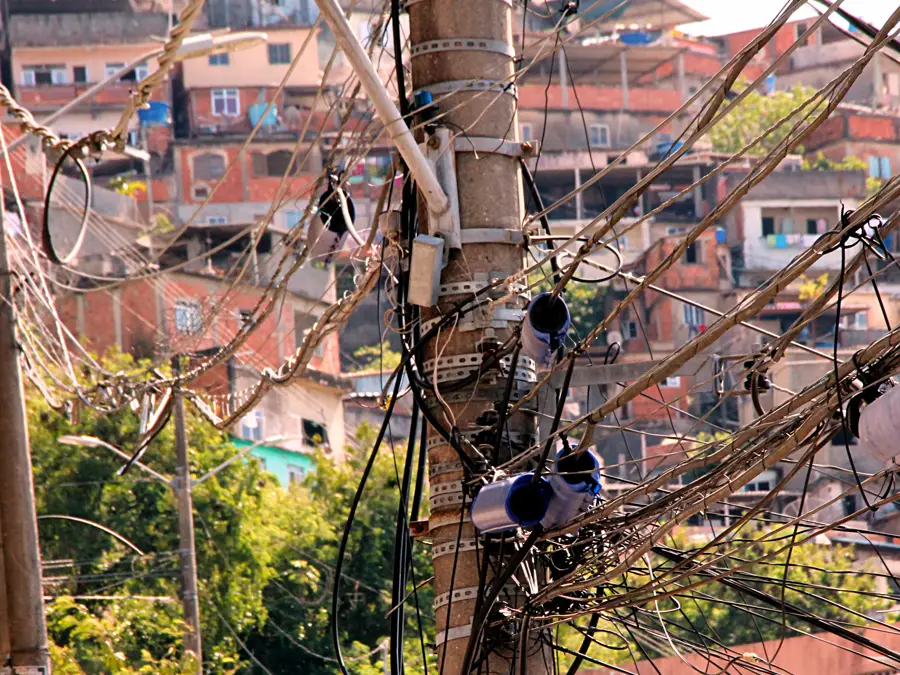A Tokyo railway company has figured out how to make the city greener, at the same time offering commuters one more reason to enjoy their train journey to work.
For those who spend long hours at work, waiting for your train home can often seem like the perfect opportunity to run a few errands. In many cities, grocery stores are popping up in ticket halls and on platforms. In Shanghai, residents can borrow books from the library while on the train. In London, Amazon Lockers have opened at numerous local stations, making parcel pick-ups possible while you wait.
Tokyo takes the multifunctional train station to another level, allowing locals who don’t have the time or space to have a garden at home to rent land on an urban farm above a train station.

“We are promoting the city’s environmental friendliness,” says Makoto Kawada, a spokesman for the East Japan Railway Company, a company that manages railway lines across Japan. “We started this activity out of a desire to contribute to the environmental maintenance and revitalization of the areas along the railway line.”
At present, there are five Soradofarms on the company’s rail network. The first was launched along with the installation of a green roof on Tokyo’s Ebisu station in 2010.
The urban farms are a modest 500 square meters in size, and as a result there is already a long waiting list for a plot. A basic lot, without any additional services, costs around US$980 for a year’s use.

The Soradofarms railway station provides standard tools for gardening, seeds and some fertilizers. Those who have never practiced before can even get expert advice and people who don’t have much time to take care of their plants can get help picking vegetables or protecting their mini farm from insect damage.
For many, gardens and green spaces like this are a place to relax. Many commuters choose to take their families to Soradofarms after work, using the green space surrounding the lots for picnics or to just give their children some open space to run around in.
Thanks to Soradofarms, those who use the land, as well as the commuters passing by, can learn about urban agriculture. But they also get the opportunity to meet new people and develop new relationships, with the cabbages and tomatoes on site acting as the perfect ice-breaker.
“We are building communities, involving the entire area of activity in which the inhabitants can participate and have fun,” says Kawada.
Images: Soradofarms


